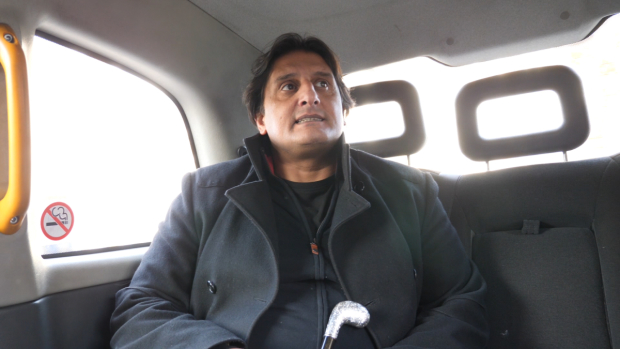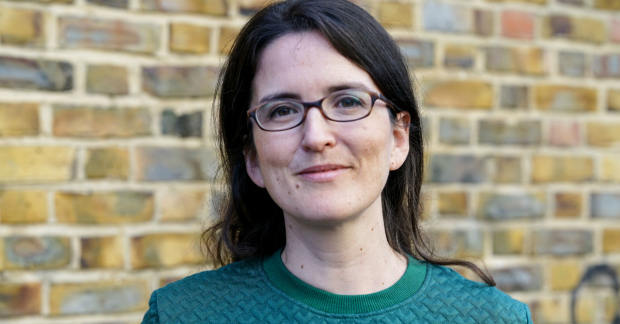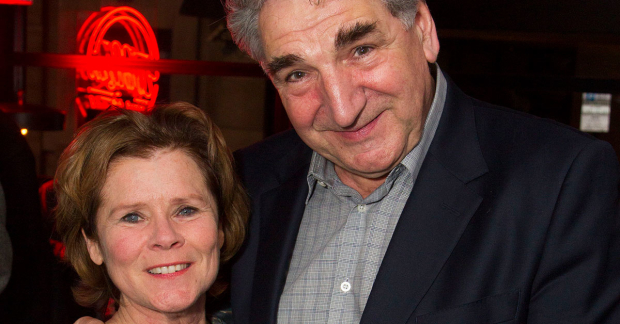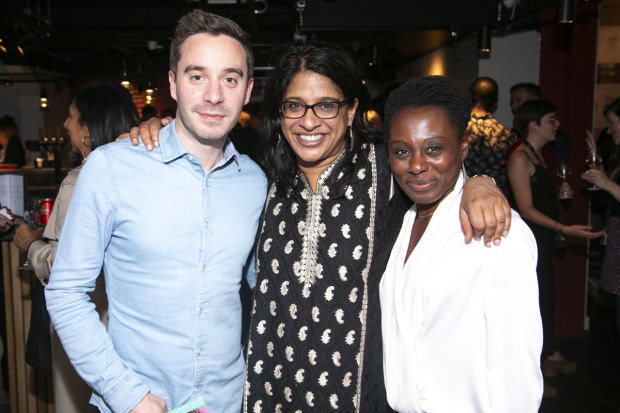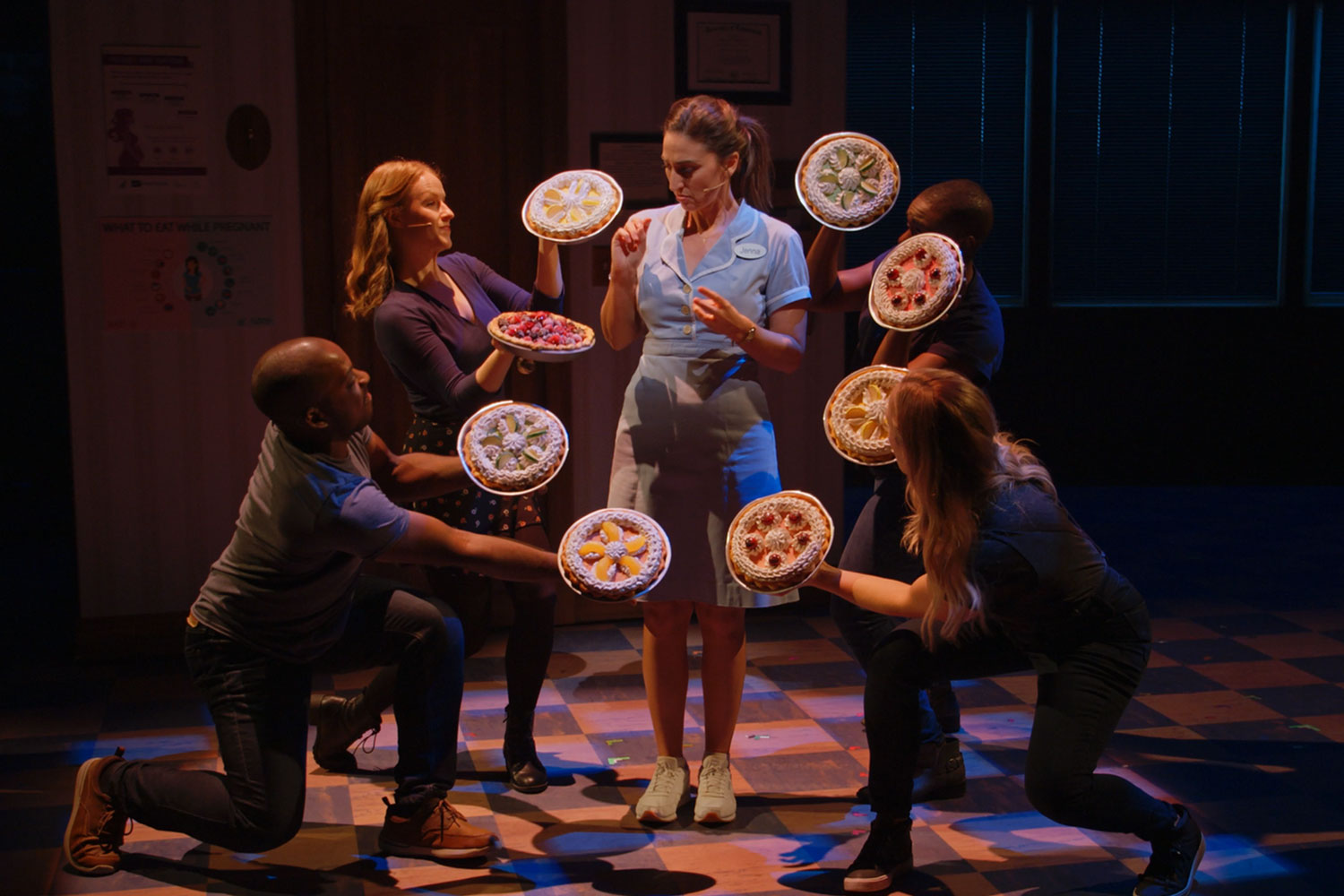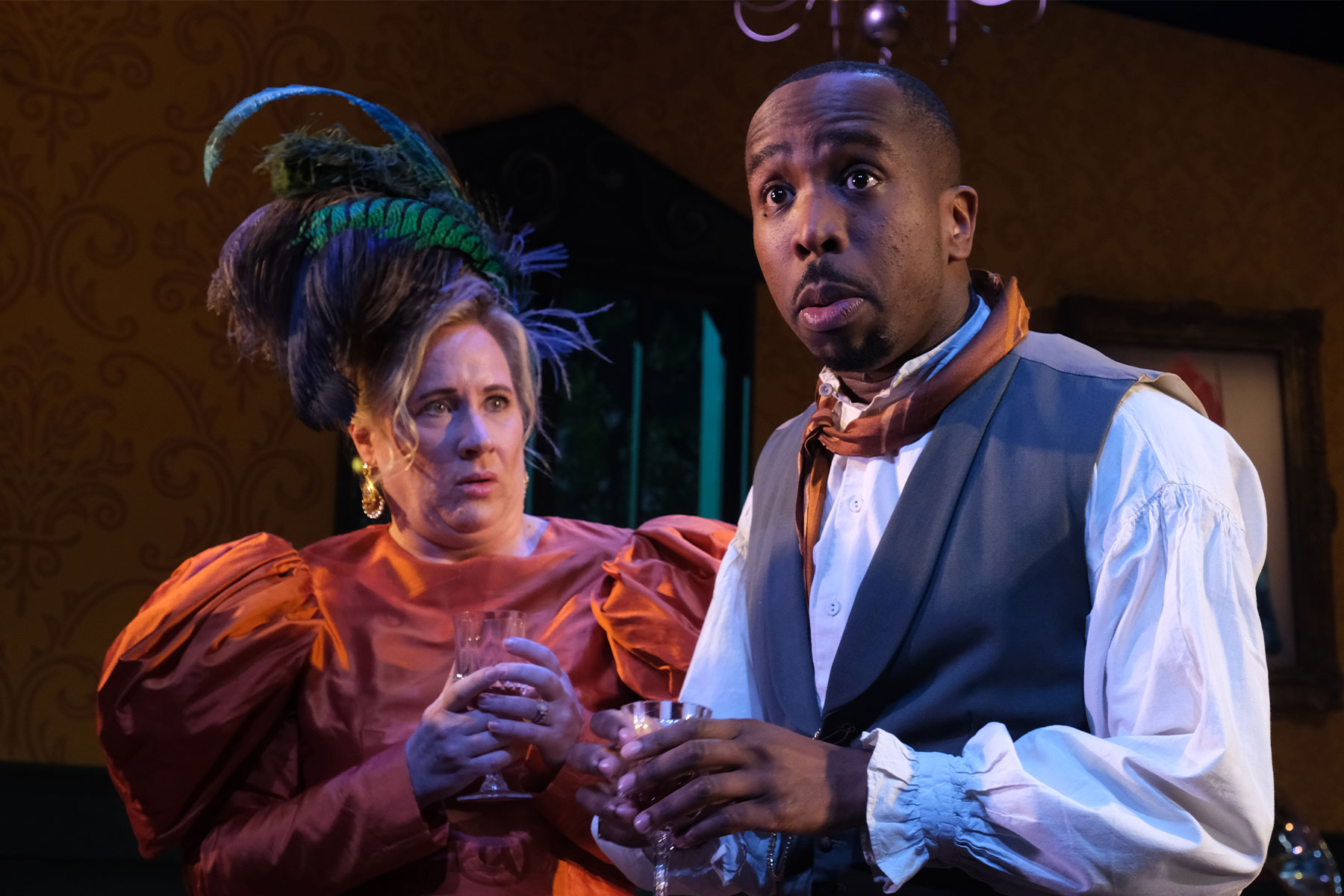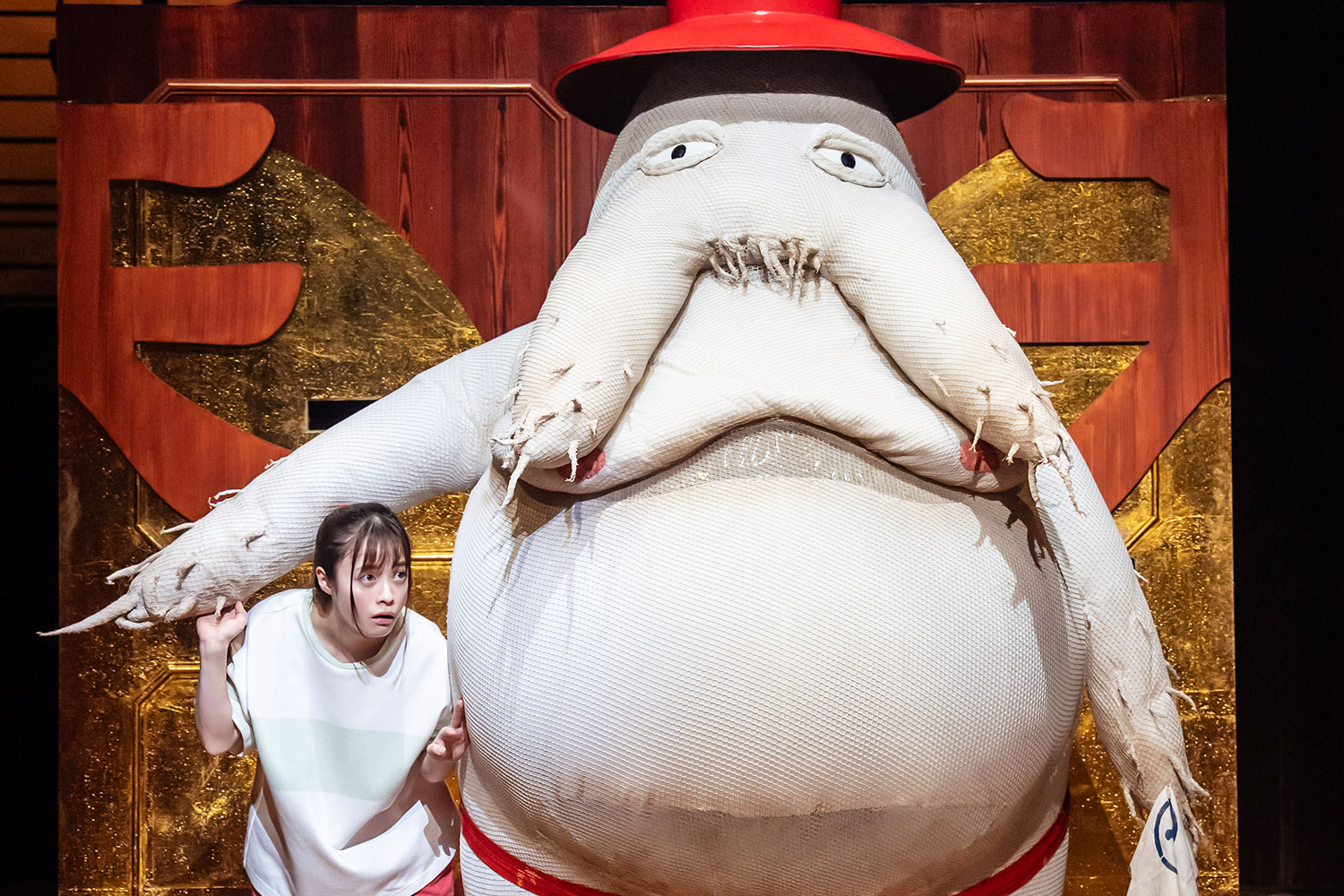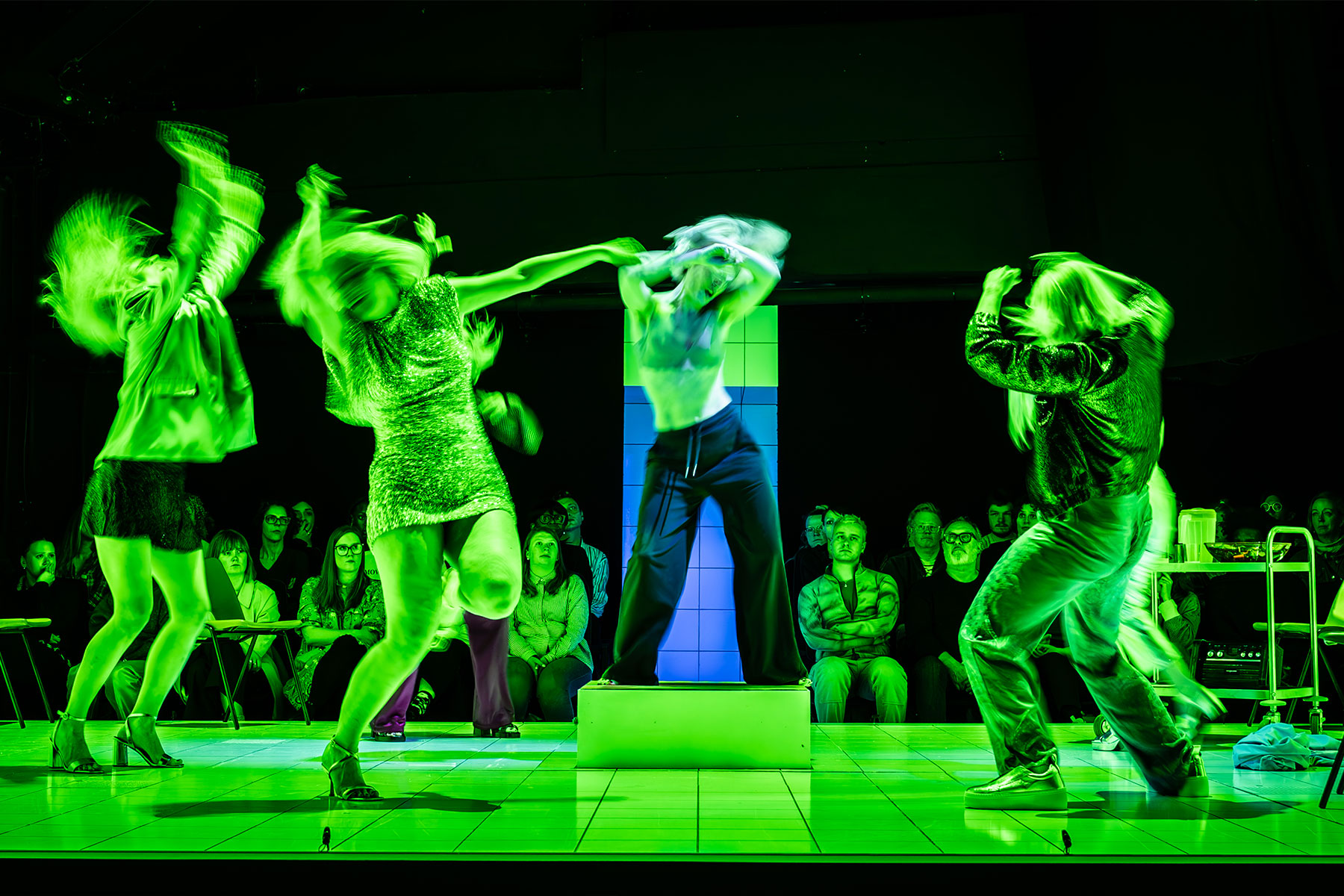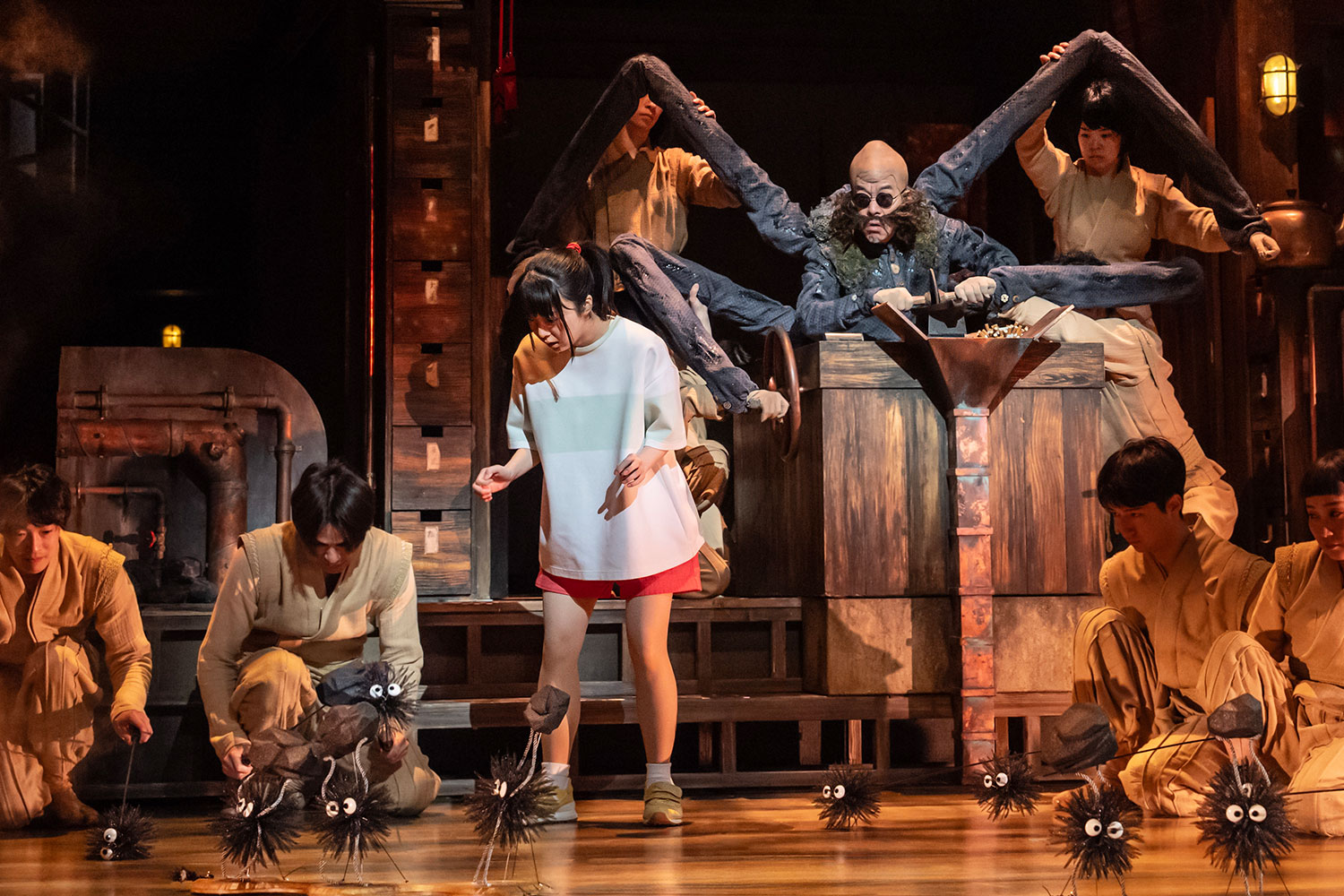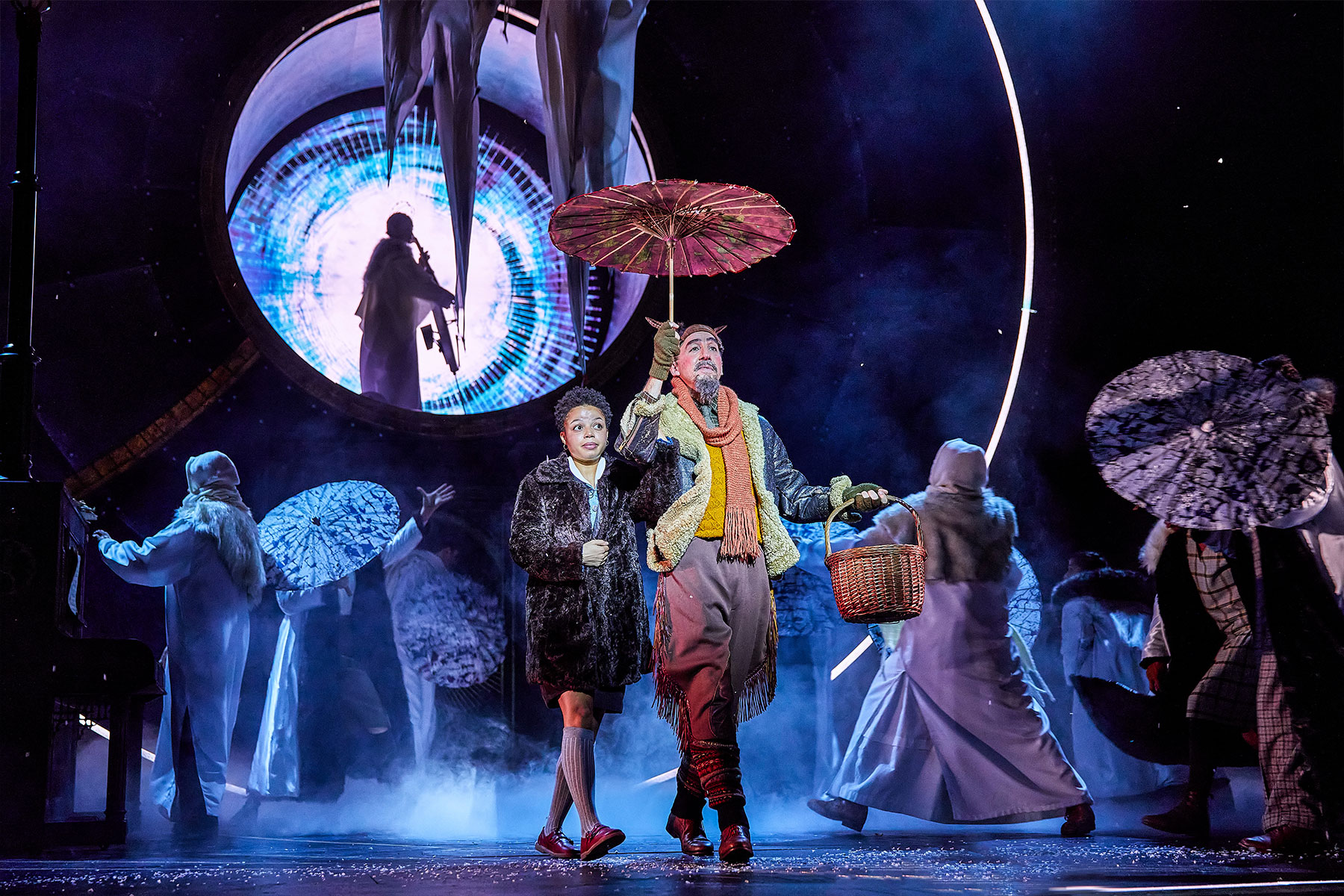Review: Approaching Empty (Kiln Theatre)
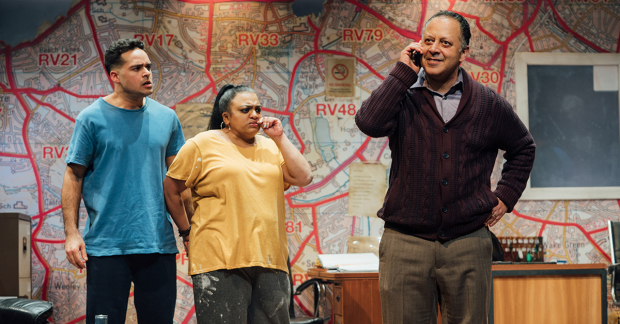
© Helen Murray 2019
Indhu Rubasingham is amply fulfilling her pledge to bring the contemporary world to the stage of the theatre where she is artistic director. She opened the remodelled space with a portrait of the crisis of middle-class mums using the CofE as a social step-up in Holy Sh!t, and brought the whole of Kilburn High Street into the auditorium in White Teeth. Now, in Approaching Empty, we find ourselves in a Middlesbrough taxi cab office in the weeks following Margaret Thatcher's death in 2013.
In the opening scene, the not-so-busy phones are manned by Mansha (Kammy Darweish) long-time friend of the owner Raf (Nicholas Khan), middle-aged Asians who once worked in the steel industry. The death of the manufacturing base under Mrs Thatcher has left both stranded in a post-industrial landscape, scrabbling in their different ways to survive. Mansha sees her as a b*tch, the destroyer of the values he came to England believing in; Raf praises her as a far-sighted saviour, the woman who paved the way for entrepreneurs such as himself. By the end of the evening, the limitations of both their visions have been revealed.
The play, a co-production with Tamasha and Live Theatre, is written by Ishy Din, who wrote the wonderful radio play John Barnes Saved My Life and won the best new play in the Manchester Theatre Awards for Snookered, a play about young Asian men. In the programme he explains that Approaching Empty is the next play in a projected trilogy about the experience of men of Pakistani origin in Britain.
Inspired and informed by his own experiences as a cabbie (he wrote Snookered in the cab between jobs), its plot pivots on Mansha's attempts to buy the business from an increasingly desperate Raf. The twists and turns of that, while providing tension, also rely on an overdose of gullibility that tips the play into melodrama. But there's no doubting its promise, or the authenticity of the way that Din probes the corruption by greed and austerity of a community once built on honour and respect.
He also fills the stage with a group of people who manage to escape the plot and come to life. They are helped, on the confines of Rosa Maggiora's wonderfully dingy set, by Pooja Ghai's confident direction, which coaxes vivid and nicely nuanced performances from the cast. Rina Fatania is particularly fine as the bolshie Sameena, a woman who is determined to escape the bad choices she has made in her life; her entrance when she threatens to beat up Mansha for disrespecting her and giving her all the rubbish jobs works on the drama like a shot of energy. The stage lights up whenever she is on it.
But there's nice work too from Karan Gill as Raf's dreamy son Shazad, who comes to reject the ruthless business model his father is laying out for him, and from Nicholas Prasad as the hard-working, open-hearted Sully.
As the play moves towards its conclusion, some of those characters find their lives and their dreams destroyed by the grim reality of a society without values, where the rough and the reckless are allowed to thrive. The fact that some escape with their hopes, if not their illusions, intact, is one of the most original qualities of a work that makes you feel Din is a man to follow.




